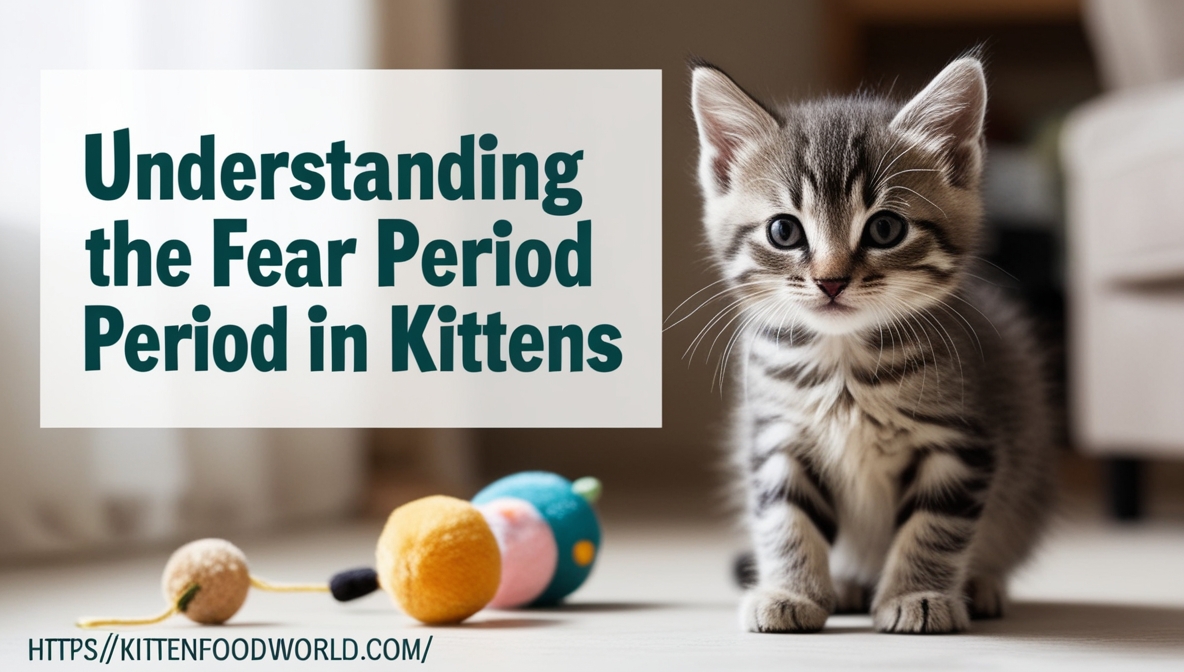Kittens are adorable and playful, but their early development includes a significant phase known as the fear period in kitten. Understanding this stage is vital for cat owners who want to help their kittens grow into confident and well-adjusted adult cats.
What is the Fear Period?
The fear period generally occurs between 2 and 9 weeks of age. During this time, kittens become increasingly aware of their environment and can develop fears or anxieties. This phase is essential as it helps them learn to identify potential dangers in their surroundings.
Signs of Fear
Kittens may exhibit various signs of fear, such as:
- Hiding: They often seek refuge in small spaces or under furniture to feel secure.
- Vocalizations: Hissing, growling, or yowling indicate distress or fear.
- Body Language: Signs like crouching, a tucked tail, or raised fur can signal anxiety.
- Social Withdrawal: Some kittens may retreat from interactions, becoming less playful and more reserved.
Duration of the Fear Period
The fear period can last several weeks, with the most intense reactions typically occurring between 3 and 7 weeks of age. Each kitten's experience may vary based on factors such as genetics, temperament, and early socialization.
Supporting Your Kitten Through the Fear Period
- Encourage Socialization: Gradually introduce your kitten to new experiences, people, and environments. Positive exposure helps build confidence.
- Create Safe Spaces: Provide cozy hiding spots where your kitten can retreat when feeling scared. This fosters a sense of security.
- Use Positive Reinforcement: Reward your kitten with treats and praise when they engage with new situations. This helps them associate unfamiliar experiences with positive outcomes.
- Respect Their Boundaries: Allow your kitten to approach new situations at their own pace. Forcing them can increase their fears.
- Establish a Routine: A consistent daily schedule helps your kitten feel secure and reduces anxiety.
- Exercise Patience: Understand that this fear phase is temporary. Your understanding and support will help your kitten learn to cope with their fears.
Conclusion
The fear period is a vital aspect of a kitten's development that requires care and attention from their owners. By recognizing the signs of fear and providing a nurturing environment, you can help your kitten navigate this challenging time. With proper socialization and encouragement, your kitten will grow into a confident and well-adjusted adult cat, ready to explore the world with curiosity and ease.
